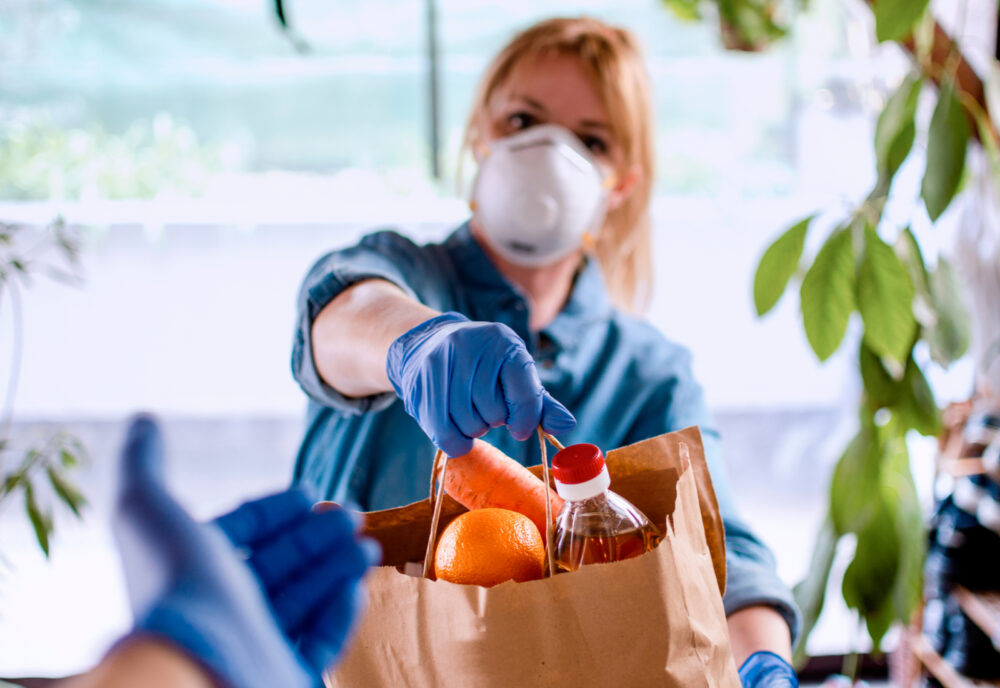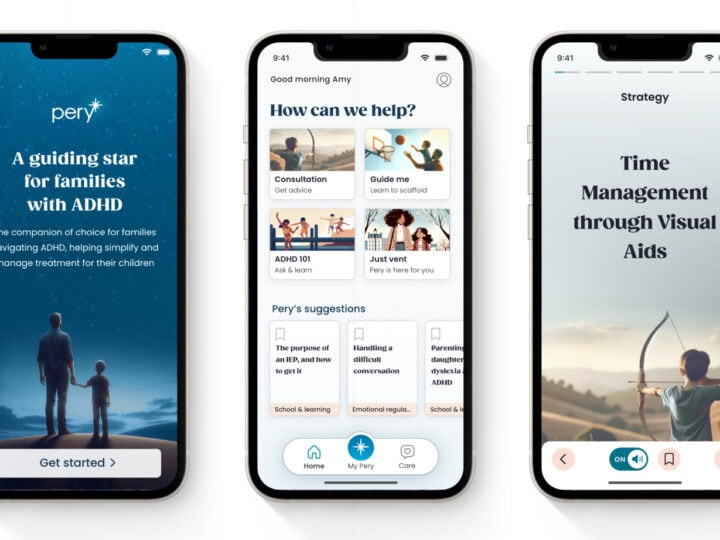You’d think that with a pandemic raging worldwide, constant health scares and the frequent inability to see loved ones, we’d all recognize by now that we simply can’t and shouldn’t carry on as if everything’s just fine.
But two years into the pandemic, we’re still refusing to cut ourselves some slack. Instead of being a bit kinder to ourselves, we’re forever berating ourselves about our “quarantine 15,” our unaccomplished tasks and little, everyday struggles.

To try and start off this new year a little healthier, we’ve enlisted the help of positive psychology expert Prof. Tammie Ronen from Tel Aviv University to help us understand what’s going on and how we can move forward in these continuously trying times.
“The Covid-19 pandemic is a situation of stress,” Ronen explains. “We’ve always had issues of dealing with stress – wars, terror attacks and all kinds of threats. Our lives our full of pressures and threats, whether natural or manmade.”
Covid is another source of pressure, perhaps bigger than others because it’s made up of two main elements, she says.
“First of all, it’s an ambiguous situation because we’ve never dealt with something like this before. We’re familiar, for example, with cases of fires or floods, trauma or stress, and we know how to treat them. But this Covid story is new, and we still don’t know how to deal with this chaotic situation.”
The second part is that people ordinarily rely on other people to help them deal with stress.
“The biggest source of support is our environment. And this pandemic is striking our environment. The most difficult problem is that we need to stay away, keep our distance, wear masks and isolate. That’s what making the situation so much more difficult.”

Feelings and strengths
Positive psychology, Ronen explains, offers tools to deal with this difficult situation, focusing as it does on our feelings and strengths.
“The field of positive psychology, which began developing in the past two decades, says that we don’t need to focus on reducing difficulties. We can also solve problems by focusing on increasing positive forces. It looks for those forces, those elements, that can help people function better,” she says.
Based on positive psychology, Ronen has the following tips to help us become that little bit kinder to ourselves this year and deal in the best way possible with the challenges to come.
- Don’t over-consume information
“People need to consume information only to a certain degree. Too much information can become paralyzing,” Ronen argues. “We should tune in less to the radio and to television. To get so much information every quarter of an hour is too much. It’s not healthy.”
- Speak positively to yourself
“The more I know how to encourage myself, by myself, the better and safer I will be,” Ronen says. “We need to look at how we can cheer ourselves up, what kind of positive things we can say to ourselves.”
- Ask yourself what does you good
“We need to ask ourselves what does us good. For example, what sort of things could help me despite the situation? Is there a good friend I could talk to on the phone? Maybe there’s an interesting program on TV or music that I enjoy listening to. What sort of thing do I enjoy doing and can treat myself to in this unpleasant situation?”
- Find meaning

“How do I find meaning and what can I do in order not to waste my time on nothing? What sort of thing really does me good? I, for example, cooked some food this morning and took it over to my parents’ and thought to myself, ‘Here, I’m doing something good for my parents.’”
- Choose one path of action
“It’s okay for me to say to myself, ‘Tammie, this is a lousy time and during this lousy time I don’t feel like watching my diet or exercising,’” she notes. “It’s alright to say, ‘I don’t feel like it, I’m feeling down, and I’m allowed to feel down.’

“Choose one of two options. You can tell yourself that you’re not capable of doing something right now and that you’re giving yourself an intentional time-out. Or, if you’re the kind of person who doesn’t feel good when not doing anything, ask yourself what could do you good.”
- Be generous with yourself
“We don’t need to function the whole time,” Ronen stresses. “So be generous with yourself. We need to find a way to calm ourselves down over what we did or did not do. After all, most of us don’t intentionally do bad things, either to ourselves or to others.”
- Skip the guilt-trip
“Our culture’s developed this notion of guilt. On the one hand we have this urge to do something, and on the other when we don’t, we feel the need to make up for it.”
“But I always say that guilt feelings never contributed to anyone,” Ronen concludes. “Feeling guilty is the least effective thing. It doesn’t advance us anywhere.”

















